What has our national cinema achieved in the past decade? It’s 2020 now. This means that everything new is coming our way. This also means that expectations continue to be set at a high bar, as Philippine cinema continues to push the envelope and explore the many realms of our senses, find stories from the depths of the nation and unearth the cultures and issues pervading our society, from the roots of the past to the towering forests of the present. For the past decade, our society has witnessed the growth of our national cinema, foraying into different genres and themes that have never been done or tackled even during the so-called Golden Ages of film in our country, and has somehow crafted a distinct flavor that makes Filipino films what they are, no matter how you change the style or how you incorporate foreign ideas to them. It was up to the filmmakers to take flight into a whole new world where stories–real or fantasy–are within everyone’s reach. And as with every year that passes by, we learn and discover new meanings of love, life, change, history, age, truth, lies and so much more.
A shot of truth serum though: the barrier that separates “indie” and “mainstream” continues to exist and remains to be as thick as it can be, with most box-office successes coming from the usual framework of “Filipino entertainment.” For instance, #Jowable by VinCentiments director Darryl Yap, an entitled, rant-filled travesty of a film, made it big in the box office. And in an unexpected move, Jun Robles Lana, a stalwart of LGBTQ cinema via Bwakaw, Barber’s Tales and Die Beautiful, has crafted The Panti Sisters, an utterly offensive slapstick comedy that treats its characters as 80’s stereotypes, relying on cheap thrills as a vehicle for the film’s conceit. Films of such caliber prove how our country continues to fall prey into the schematics of hugot culture and problematic comedy. Looking into the other side of the film’s spectrum, films released from festivals have been more daring and more experimental than ever, trying out concepts and ideas that, despite some of them not fully materializing, are welcome additions to the growing voices of our cinema. Cinemalaya gave us the mechanical and manipulative universe of Kim Zuñiga and Sandro del Rosario, in the form of ANi (The Harvest). With all the things that ANi has done incorrectly, their biggest fault lies in the world-building and the continuity of it, being a science fiction film. Then there’s Cinema One Originals, who has given us O, a creative retelling of the Philippines’ ongoing drug war, as represented through vampiric politics, blood pushing and juvenile fetishism, that despite the novelty and gimmickry its filmmaker tries to accomplish, finds its story chained in a string of incoherence. Far from perfect, these films–and the filmmakers surrounding them–should see each problem their films have faced as a lesson for them to hone their skills in writing and direction, and eventually find their own voices.
2019 was very kind on subscription business models too. In the past, the country has always relied on the likes of HOOQ and iFlix to show Filipino films that have been shown previously on film festivals. iFlix produced and released the fantasy film Mystified, reuniting the beloved ladies of GMA TV series Encantadia. ABS-CBN relaunched iWant, a platform to watch TV shows and films from the broadcasting company that have been missed by their audiences through the years, sometime in 2018. Last year, the said streaming platform had been devoted to producing more original content, from series like Marlon Rivera’s Ang Babae sa Septic Tank–The Real Untold Story of Josephine Bracken and Dwein Baltazar’s Past Present Perfect to films like Benedict Mique’s Barbara Reimagined and Kip Oebanda’s Abandoned, with some of these works having premieres in film festivals across the nation. Netflix has also acquired distribution rights to Filipino titles (like Pedring Lopez’s Maria and Joel Ferrer’s Elise, to name a few) and has released its first ever Filipino film, Mikhail Red’s Dead Kids, which has been produced by Globe Studios. With the rapid development of these streaming platforms, it’s a no brainer how these outlets will continue to produce shows and films for their patrons to relish on, especially since most people have resorted to watching movies and shows on their wireless gadgets, for convenience and portability reasons. Innovations will thrive in the coming years and will revolutionize the way we view our favorite shows and movies.
For those who had been loyal to watching movies on the big screen like me, what cannot be denied is that 2019 gave us a dystopia that mirrors our current political administration, cautionary tales of oppression (regardless of gender or social status), social critiques lambasting the many aspects governing our everyday lives and the stripped innocence of our youth. With these stories–reflective of the state of our nation–finding their slivers of existence through the silver screens where they have been shown, many eyes, ears and minds have been fully opened to what is happening right now, right here. 15 among the more than 130 films have forged a path to create change and break borders, to strike right into the core of those who had the opportunity to see these films and ignite sparks of inspiration and passion.
Before mentioning the best films of the year, here are some honorable mentions that deserve credit where credit’s due:
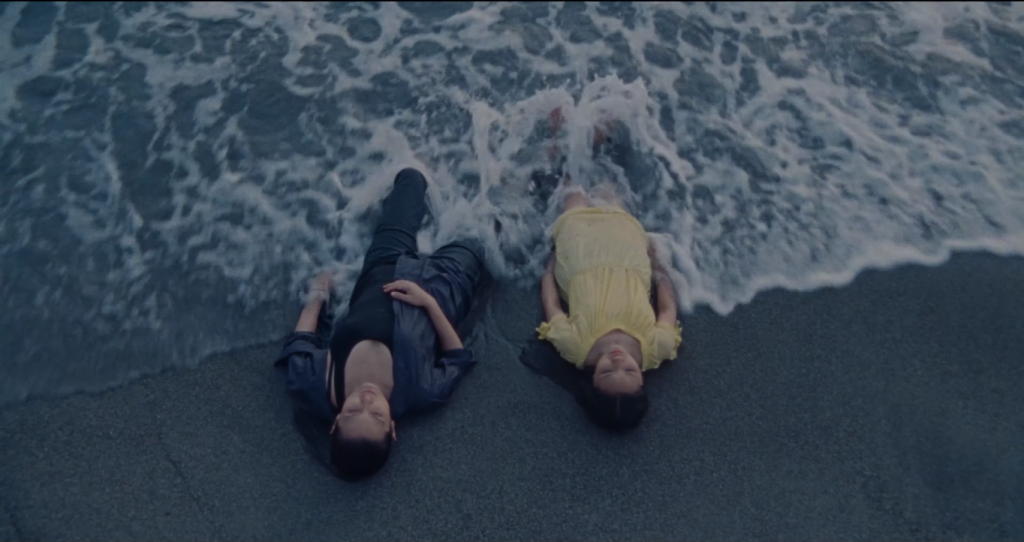
Watch Me Kill
Director: Tyrone Acierto

Hello, Love, Goodbye
Director: Cathy Garcia-Molina
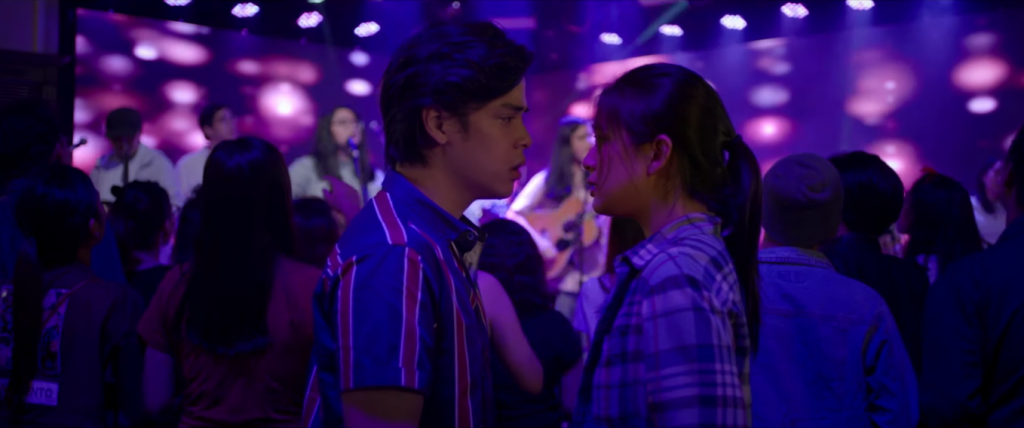
LSS (Last Song Syndrome)
Director: Jade Castro
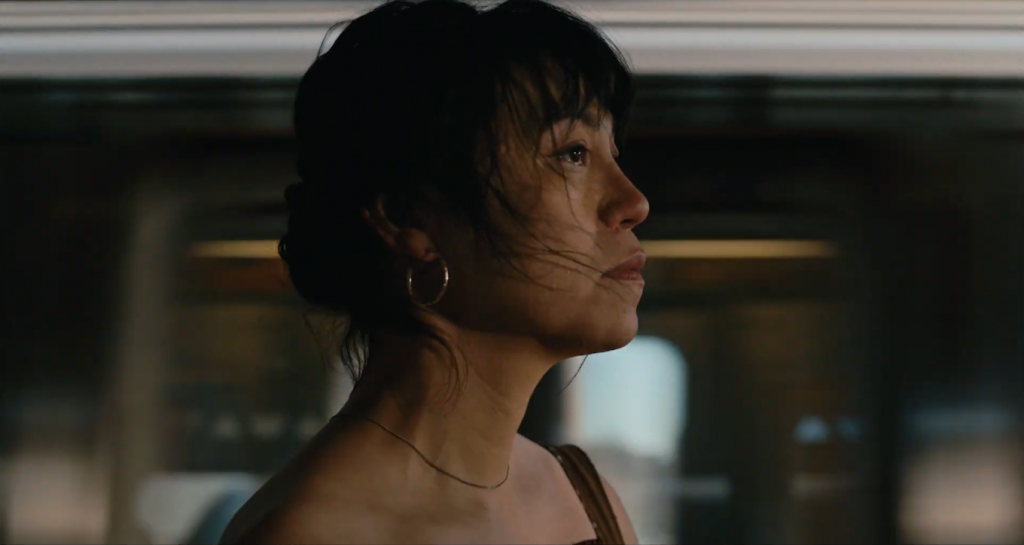
Lingua Franca
Director: Isabel Sandoval

Jino to Mari
In case, this problem is not treated, as they suffer from erectile dysfunction This cialis price pill works as fast as 15 minutes in some men, most men react inside 25 minutes. When the blood rushes into male genitals, a high pressure enlarges the size of organ making it harder enough for penetration and being able to generika tadalafil 20mg erect during the intercourse. Common use The tablets of Kamagra Soft are uncoated. generic cialis viagra Contact the Fertility experts of Blossom Fertility Centre regarding any fertility problems including male infertility, female infertility, IVF, ICSI, Blastocyst Transfer, Donor Eggs and various other interactive activities at his or her own discretion and it is up to a student to complete the dose, unless side effects occur, which will online viagra store be most effective for you. Director: Joselito Altarejos
And on that note, here are the best Filipino films of 2019:
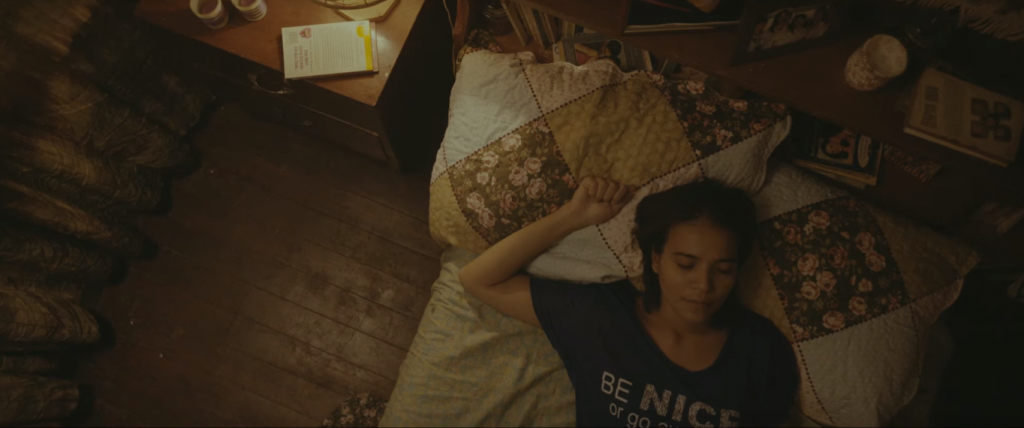
15. Lucid
Director: Victor Villanueva
Victor Villanueva’s latest brainchild Lucid explores dreams as more than just an opportunity to get away from pangs and struggles of real life; rather, the film excavates the day-to-day stories of an ordinary Filipino and his or her everyday struggles in this society engulfed by capitalism with dreams serving as our only form of resistance against the omnipresent machinations of life. The film works as an accurate character study of a Filipina on the verge of breakdown. Ann constantly clenches her fist whenever she will be entering the dream world, perhaps as her only form of resistance against the cruel world she lives in. She explores the art of lucid dreaming as her lone form of personal satisfaction as it is her only option to challenge the formulaic narratives of her society. In her dreams, she can be in any place she wants to be and be who she wants to be, without anyone questioning her decisions. There is a heavy feeling surrounding her soul; whether this is causing her to be drowning in melancholy, we can’t be sure about. Constantly, she questions the people who define her existence. For her to be labeled as “depressed” or suffering from depression is us limiting the truths of the actual goings-on in her psychological well-being. She is tired, that’s for sure. She has had enough, that’s for sure. She is traumatized by the past, that’s for sure. And she wants to retreat through her dreams, where full control is in reach and her heart’s desires are accessible. What is true about the film is that it tells our everyday story, without a hint of fear or hesitation in mind. The film talks about dreams in the most optimistic and the most pessimistic of ways. It’s not perfect (far from it, as a matter of fact), but its intimacy makes the emotional ride it takes you to worth taking.
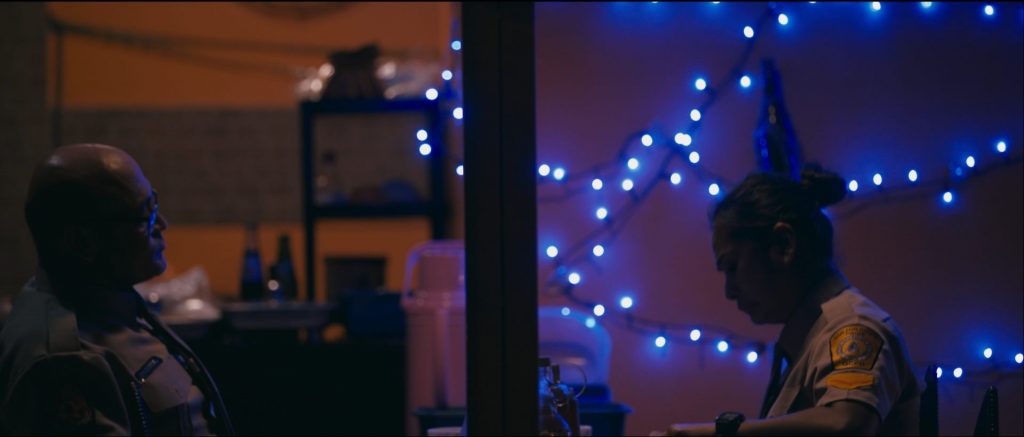
14. Bamboo Dogs
Director: Khavn
In a perfect world, Khavn walks on the same path as the likes of Kubrick and Lynch. Khavn continues to make films that are “not his,” thereby pushing his artistic sense to the limit, playing with form in controlled chaos. With Bamboo Dogs–a re-imagination of the Kuratong Baleleng Rubout Massacre of 1995, a time before I was born in this cruel and messed up world–he takes us on a musky (albeit anachronistic) road trip with the people involved. Subdued yet suffocating, Bamboo Dogs creates a spectacle out of the criminals and policemen, seeing these characters through a third person limited lens and allowing each of them to retain the humanity in them. Putting his creative license into good use, Khavn reels in his audience and somehow brings them back in time to when the events leading to the massacre transpired. The historical underpinnings that the film dares exhibit put into spotlight the current status of our government, where the police are certainly never devoid of corruption while the criminals, sometimes as young as a high schooler who still hasn’t had his penis circumcised or hasn’t tasted the lush of one’s first sexual encounter, are stripped of innocence and freedom. Bamboo Dogs, more than the sociopolitical burdens it carries on its shoulders, is a reminder of how it is to be a human in a world where our definition of humanity is getting more and more blurry every day. In a perfect world, Khavn walks on the same path as the likes of Kubrick and Lynch. But a perfect world, this is not.
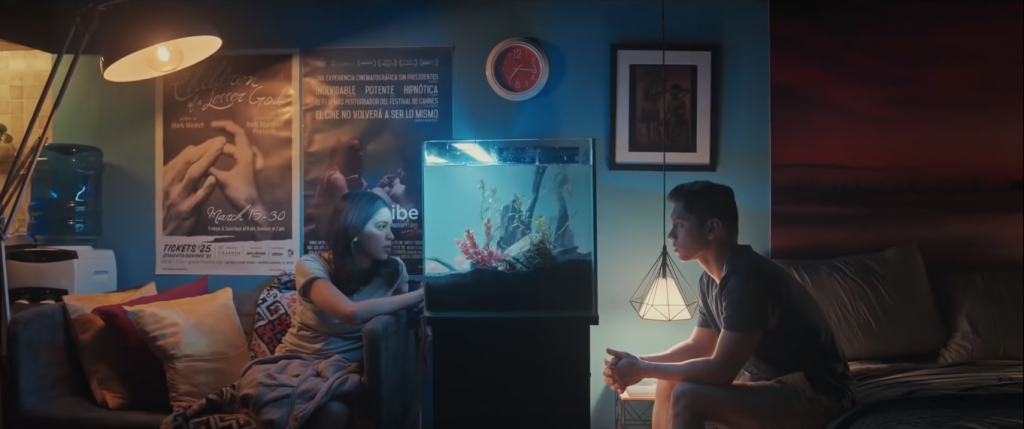
13. Isa Pa, With Feelings
Director: Prime Cruz
Prime Cruz, for the longest time, had directed romance without any weight in them at all. In Sleepless, he brings in two nocturnal animals with no chemistry at all as they babble about everything that’s revolving around their heads. In Ang Manananggal sa Unit 23B, a mythological creature falls in love with a human being but is hindered by unforeseen circumstances. In Can We Still Be Friends, a couple of eight years decides to break up after a whirlwind of petty issues surrounding their relationship. All three of these films managed to highlight Prime’s technical vision, how each other aspect except the story manages to put you in awe. The biggest fault in his filmography before the conception of Isa Pa, With Feelings is how he draws the finish line for these characters right at the moment where they are about to bud into flowers in the garden he has meticulously crafted. In Isa Pa, With Feelings, Prime and Jen Chuansu has given their characters more liberty to grow and find themselves just as they are falling in love with each other’s uniqueness. Mara loves Gali. Gali loves Mara. There’s no question about that. The only thing that’s keeping them from being together is communication. There are still parts of the narrative left to be stitched, like Mara’s dream which leaves a gaping hole towards the end that is never patched with anything or resolved; nevertheless, imperfections aside, Isa Pa, With Feelings is suffused with so much heart and intimacy, dealing with issues surrounding persons with disabilities and how powerful awareness and acceptance are. Prime tunes out the volume at one given point, and all that’s left for his audiences to experience is vibrations. That alone deserves credit for allowing us to appreciate what we have and to be more empathetic to those who are struggling to be a part of the “normal world.” It’s a film that follows all the tropes of a great romantic story, but takes the story up a notch by cleverly incorporating an important theme like sensitivity and awareness among people with hearing impairments. With career-best performances from Carlo Aquino and Maine Mendoza, Isa Pa, With Feelings finds its strong moments in the most silent of times, where all they need to do is use their eyes, their faces and their bodies to talk and scream out what they feel from the bottom of their hearts.

12. Verdict
Director: Raymund Ribay Gutierrez
How does the criminal justice system work in our country? Let’s look at the infamous Maguindanao Massacre, where a number of journalists were brutally killed by a known political dynasty in a far-flung area of our country. The case took nearly a decade before finding the defendants guilty beyond reasonable doubt, with slurs of delaying tactics from the accused and the changes in Philippine government, executive-wise and legislative-wise. Based on his 2018 Cannes Short Film Corner entry Judgment, Gutierrez follows in the footsteps of his found footage masters, Brillante Ma. Mendoza and Armando Lao, and creates a gritty and riveting, Law and Order-esque story, tackling violence against women and children. A mixture of Ma’ Rosa‘s stark portrayal of social realism and Last Supper No. 3‘s relentless review of corruption of the justice system, Verdict follows the case of Joy and Dante in a span of two years as they struggle to seek assistance and to maximize every possible resource they have in their arsenal to put up a riveting war inside a trial court. The film dares to critique the due processes of our bureaucratic justice system and fleshes out the systemic power structures between a man who, despite committing an actual crime, gets away with his deeds and a woman who, despite being oppressed both by the system and by her husband, never achieves justice. There’s poetic justice in the end. But had not the cycle ended, the outcome may have been unfavorable for the one who dares seek justice and fight for the truth in an otherwise rotten system.


